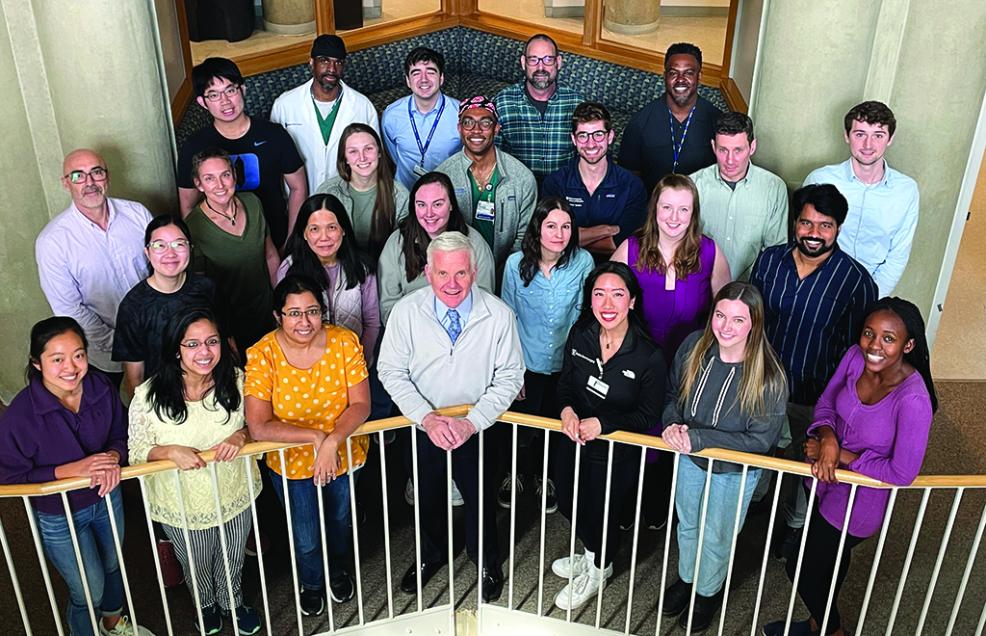Research that originated in a Duke Cancer Institute (DCI) laboratory contributed to Food and Drug Administration (FDA) approval of the first new endocrine therapy for breast cancer since 2002, and the only drug designed to target mutations in estrogen receptor 1 (ESR1).
Donald McDonnell, PhD, associate director For translational research at DCI and the Glaxo-Wellcome Distinguished Professor of Molecular Cancer Biology, directed the research team that led to the development of elacestrant (Orserdu, Stemline Therapeutics, Inc).
The new therapy, a selective estrogen receptor down-regulator (SERD), is indicated for the treatment of postmenopausal women or adult men with estrogen-receptor-positive/HER2-negative ESR1-mutated advanced or metastatic breast cancer who have been treated unsuccessfully with at least one previous endocrine therapy.
The FDA approved the therapy in January 2023.





